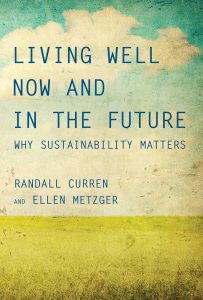The American Chemical Society has recognized Professor Joseph Pesek’s substantial and impactful research contributions with the ACS Award for Research at an Undergraduate Institution sponsored by the Research Corporation for Science Advancement. The award honors “a chemistry faculty member whose research in an undergraduate setting has achieved wide recognition and contributed significantly to chemistry and to the professional development of undergraduate students.”
Prof. Pesek’s research in the area of separations science as applied to metabolomics and proteomics has been highly influential leading both to commercial products and to an amazingly prolific academic record with over 230 peer reviewed publications and over 250 seminars, guest lectures, and presentations. During his career at SJSU, Prof. Pesek has mentored over 100 undergraduate research students and 100 Master’s students.

 Jose Jacome/EPA
Jose Jacome/EPA Natanya Villegas, a research student in Prof. Wilkinson’s laboratory at SJSU and a student in the MARC program funded by NIH, describes results from a neurophysiology experiment probing proprioception to Rep. Zoe Lofgren.
Natanya Villegas, a research student in Prof. Wilkinson’s laboratory at SJSU and a student in the MARC program funded by NIH, describes results from a neurophysiology experiment probing proprioception to Rep. Zoe Lofgren.
